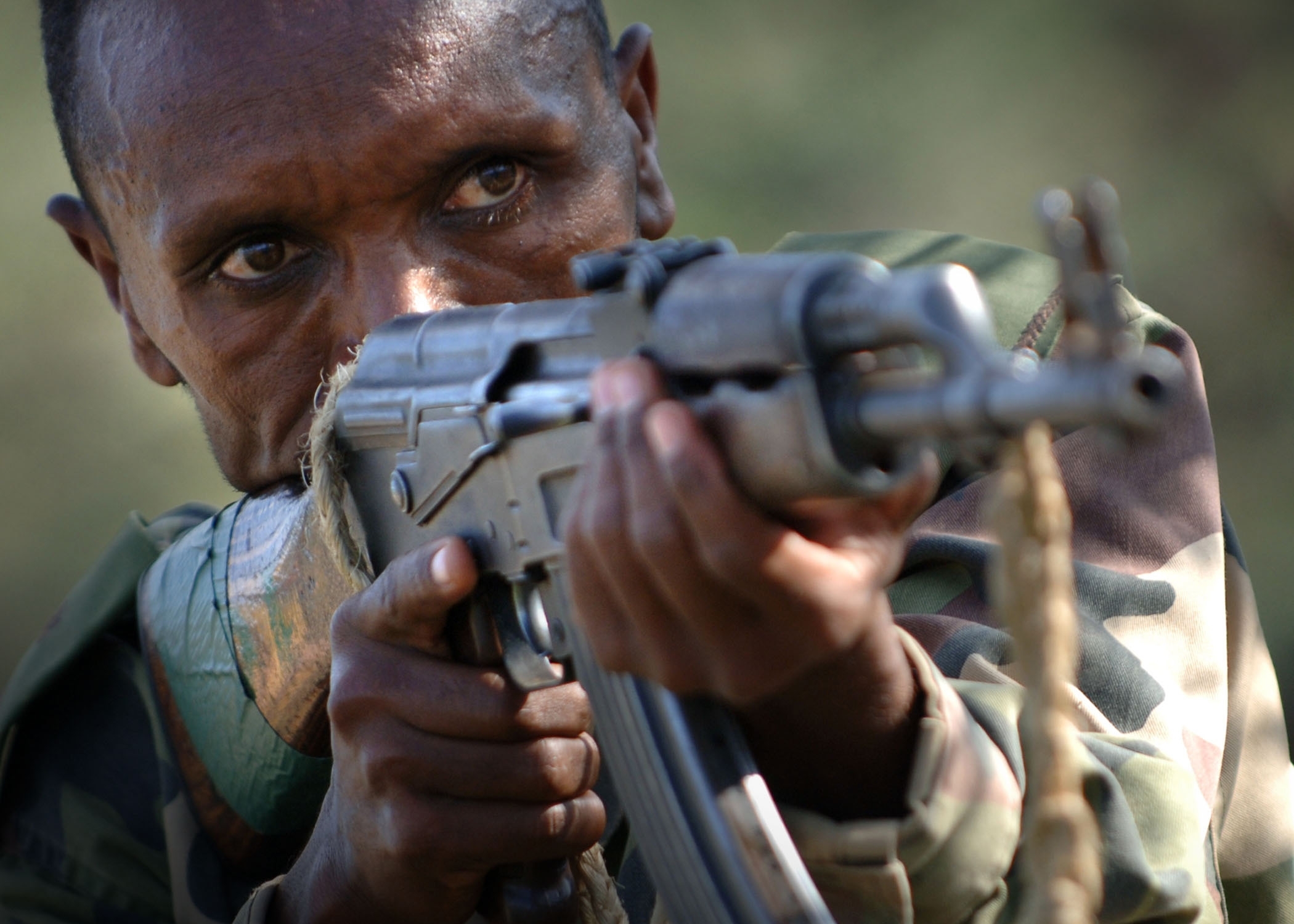 |
| Faraah with her family (c) Oxfam East Africa |
The Guardian
previously reported that the World Food Programme (WFP) had paid £50
million to Glencore for their wheat. They have since scaled
back their earlier misgivings, but their earlier article
reveals:
Glencore admitted that it bet on a rising wheat price after drought in Russia, according to investment bank UBS. "[Glencore's] agricultural team received very timely reports from Russia farm assets that growing conditions were deteriorating aggressively in the spring and summer of 2010, as the Russian drought set in … This put it in a position to make proprietary trades going long on wheat and corn," UBS said in a report to potential investors, disclosed by the Financial Times.
On 3 August 2010 the head of Glencore's Russian grain business, Yury Ognev, urged Moscow to ban grain exports, according to the UBS report.Two days later Russian authorities banned wheat exports, which forced prices up by 15% in two days.
Glencore
dispute what UBS report, claiming that it made no difference to their
business. Maybe.
The
WFP state that hunger
and starvation are caused by, amongst other things, war. In their
strategic
plan, 2008-2013, the WFP have five objectives, the final
one of which is 'Strengthen the capacities of countries to reduce
hunger, including through hand-over strategies and local purchase'.
One of
the tools the WFP uses to achieve this objective is 'Advocacy', a
point which I will return to later, but worth bearing in mind as you
read through the rest of this post:
Political awareness is the first step in the fight against hunger. WFP has long been confronted with this fact and has thus created a broad and successful variety of instruments to disseminate information on, explain, and mobilize resources to fight global hunger. Advocacy will continue to play a prominent part in WFP’s activities at the field, regional and global levels, in order to reach the whole range of actors in the fight against hunger. Furthermore, WFP will use the impact of its advocacy in the pursuit of a variety of objectives – from fundraising for its operations to influence on broader policy issues, such as climate change – that are instrumental in affecting positively the fight against hunger.
Glencore
produces aluminium, a major material in the production of war
materials, including guns and missiles. With partners UC Rusal, they
own 38% of the global market. In
their newsletter
of September/October 2007, Corporate Watch write that (UC) Rusal are
the main aluminium supplier to the Russian military.
 |
| Ethiopian national defence force soldier with AK-47 assault rifle |
Russian
military hardware is widely available
for sale in the markets of Somaliland and Somalia. In fact,
Africa
Files estimates that there are 100 million small arms in
commission around Africa, the majority around the Horn of Africa. The
WFP bought the wheat from Glencore to feed the millions starving
in this region.
Even
if what UBS claims is untrue, that Russian authorities banned wheat
exports for a couple of days in order to artificially inflate its
price, and profit margins, then surely Glencore are making
"ill-gotten gains" regardless. They are doing so by
profiting from war, and the substantial sales raised from their sale
of aluminium to arms manufacturers, and by providing the wheat that
the WFP buys to feed those displaced by a war that Glencore helps
sustain.
This
cynical, cyclical supply and demand business model reminds me of the
way that the Italian
Mafia made a mockery of EU waste management directives a decade
ago. In short, mafia-related enterprises monpolised industrial waste
management contracts, and illegally dumped toxic residues around the
Italy countryside. They then bid for, and won, provincial contracts
to clean up the areas that they had polluted. Is this any different
to what Glencore are doing?
Selling
aluminium to arms manufacturers, and selling wheat to the WFP, is not
'illegal'. Glencore are a 'legal' entity. However, if we consider it
right to indict national leaders from Africa on charges of
"ill-gotten gains", then equally we have to consider it
right to charge leaders of multi-national companies, such as CEO,
Ivan Glasenberg, for doing the same.
The
International Criminal Court (ICC) regularly seeks to prosecute
Africans on war crimes charges, yet has not pursued one western
political or military leader on similar grounds, despite the wealth
of abuses suffered the world over. The
African public are wary of the ICC, distrustful of what they see
as a white-man's version of justice.
Despite
these well-intentioned indictments, will
Africa come to see this case as reaffirmation of human rights
colonialism when we abjectly fail to charge the likes of Glencore
on the same grounds?
A
final word on the WFP. If the WFP are not politically aware enough to
know that the likes of Glencore are heavily involved in the war
machinery, an act that the WFP consider leads to hunger and
starvation, or even know of their dealings in the U.N. Oil For Food
scandal, then they have little hope of ensuring that the future
national governments in the Horn of Africa will reduce hunger.
A
strategy that benefits war profiteers only teaches future leaders to
act as they already do.

As sad as it sounds, it is true. This Glencore people run the double cheek game, but the truth is that WFP is forced to buy food from somebody. It's hard when the wheat and the maize is controlled by 'evil corps' like Glencore or Monsanto.
ReplyDeleteI guess we, civil society, should push more into more government regulation to avoid this type of scandal.